The Ministry of Industry and Trade has lacked inspection, loose management and failed to promptly detect violations in petroleum management, the Government Inspectorate concluded.
On the afternoon of January 4, the Government Inspectorate announced the conclusion of the petroleum inspection, which pointed out many violations by the Ministry of Industry and Trade and a number of key enterprises in the management and trading of this product.
The Government Inspectorate said that in more than 5 years, the Ministry of Industry and Trade has granted 37 licenses for petroleum import and export business (excluding 4 licenses for aviation petroleum business) and 347 licenses for retail distribution traders.
One of the conditions for being licensed as a petroleum business hub, according to Decree 83/2014, is that they must have a warehouse or petroleum tank or rent it from another unit for 5 years or more. This leads to the fact that enterprises and distributors rent warehouses seasonally to get a license. This is one of the reasons for violations of the Ministry of Industry and Trade's licensing, according to the inspection conclusion.
In fact, after being licensed, many key traders have not been able to ensure the distribution system of gasoline. Many warehouse and tank rental contracts have not generated shipments, contract liquidation... affecting the market supply.
"The Ministry of Industry and Trade has lacked inspection, supervision, lax management and failed to promptly detect violations in maintaining warehouse conditions, tanks and distribution systems," the inspection conclusion stated.
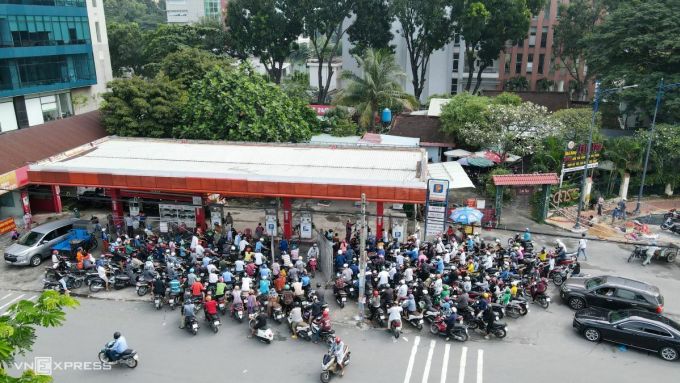
Hundreds of motorbikes and cars surrounded a gas station on To Ky Street, District 12, waiting to fill up, October 2022. Photo: Dinh Van
In addition to licensing violations, there are also many shortcomings in the management and use of the Petroleum Price Stabilization Fund . According to the inspection conclusion, the Ministry of Industry and Trade has not promptly suspended business and revoked licenses of units that have been administratively sanctioned by the Ministry of Finance, leading to the Petroleum Price Stabilization Fund being misappropriated and misused by key traders.
For more than 5 years, the Ministry of Industry and Trade - Ministry of Finance decided to spend from the Price Stabilization Fund when fuel prices had not increased, the amount was nearly 1,143 billion VND, and the stabilization spending was higher than the price increase, more than 318 billion.
In 1.5 years (from the management period of January 1, 2017 to April 23, 2018), the price management document of the management agency was unclear, leading to 19 key enterprises incorrectly setting aside more than VND 1,013 billion from the Petroleum Price Stabilization Fund for RON 95 gasoline. These enterprises also incorrectly spent nearly VND 680 billion from the fund.
According to regulations, the Price Stabilization Fund can only be used in urgent cases, when prices increase abnormally and affect people's lives. However, in reality, the Ministry of Industry and Trade and the Ministry of Finance have used this fund continuously for a long time, when there are no price fluctuations. This also leads to shirking of responsibility, lack of coordination and division of labor between the Ministry of Finance - the agency in charge of the fund, and the Ministry of Industry and Trade - the coordinating agency in managing the Price Stabilization Fund, inspecting and supervising key petroleum traders.
The Government Inspectorate also pointed out that the State Bank has not issued a document guiding commercial banks to manage the Price Stabilization Fund, leading to 7 enterprises using the fund for the wrong purpose of price stabilization, more than 7,927 billion VND. This amount has been left in the payment account of the enterprise for many periods, not transferred to the fund account. Of which, 3 enterprises have set aside and spent the Price Stabilization Fund with the volume of gasoline exceeding the books, leading to incorrect setting aside of nearly 4.8 billion VND and incorrect spending from this fund of nearly 22.6 billion VND. One enterprise set aside less than 3 billion VND to the fund, and one unit implemented incorrect accounting principles for the amount adjusted to the fund, nearly 10.3 billion VND.
However, the management agencies (Ministry of Industry and Trade, Finance) do not clearly understand the opening balance, provisions, use or interest of this fund at some enterprises when for three consecutive years, the key enterprises and commercial banks where they opened accounts for the Petroleum Stabilization Fund did not send statements.
2022 is the year of local supply shortage in the market, retail stores temporarily closed due to prolonged losses caused by their distributors cutting their discounts to 0 VND.
In August 2022, when the gasoline market was in turmoil and a series of gas stations were displaying signs of being out of stock, the Ministry of Industry and Trade decided to revoke the import licenses of 7 key gasoline trading enterprises for 1-3 months due to violations, not meeting regulations on the distribution system and administratively fined 1.7 billion VND at 11 other units.
The inspection conclusion of the Ministry of Industry and Trade at the end of 2022 also pointed out many violations of enterprises in the petroleum business, such as not meeting the conditions on the distribution system, agents selling petroleum back to the main distributor. The inspection process at enterprises also showed that some Departments and Bureaus under the Ministry did not promptly inspect, compare, review and delay in detecting violations and recommending penalties for enterprises according to their authority.
Currently, Vietnam has 36 key petroleum trading units (including aviation petroleum enterprises), after the Ministry of Industry and Trade revoked Xuyen Viet Oil's license in August 2023.
* Continued update
Source link


![[Photo] Special flag-raising ceremony to celebrate the 135th birthday of President Ho Chi Minh](https://vphoto.vietnam.vn/thumb/1200x675/vietnam/resource/IMAGE/2025/5/19/1c5ec80249cc4ef3a5226e366e7e58f1)

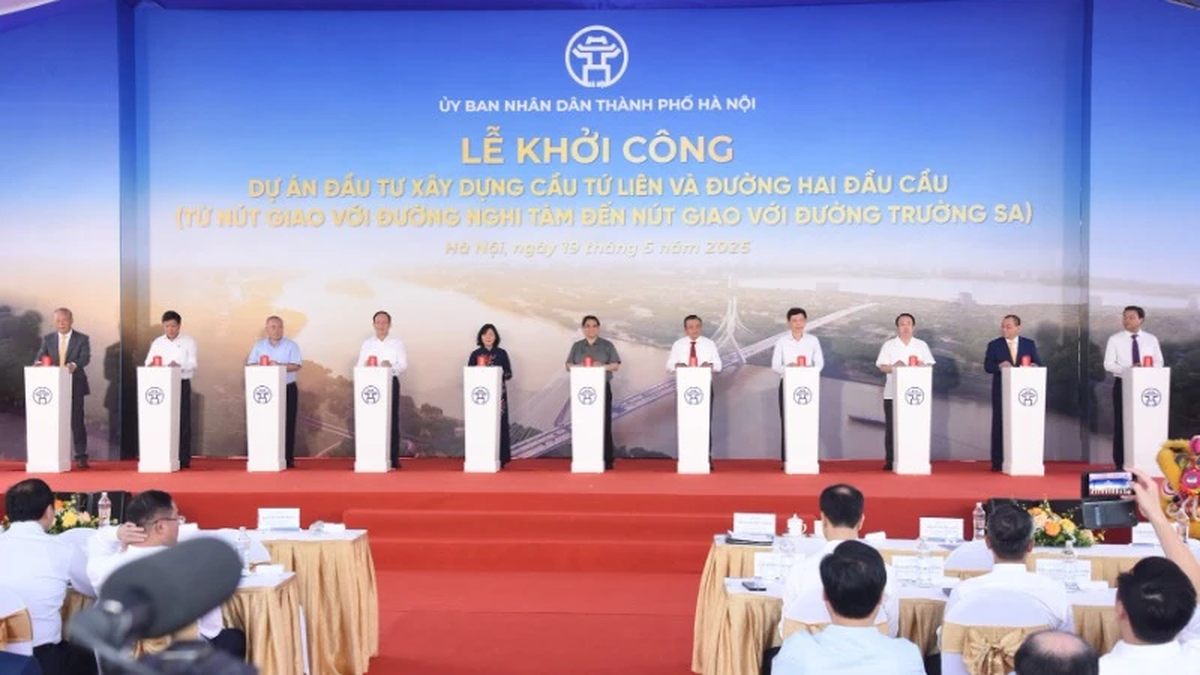


![[Photo] Party and State leaders visit President Ho Chi Minh's Mausoleum](https://vphoto.vietnam.vn/thumb/1200x675/vietnam/resource/IMAGE/2025/5/19/d7e02f242af84752902b22a7208674ac)






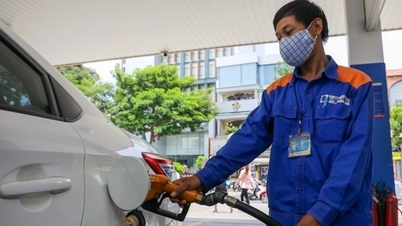
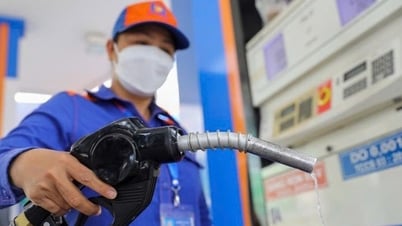

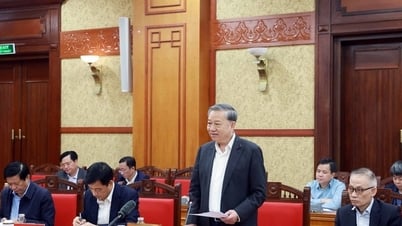

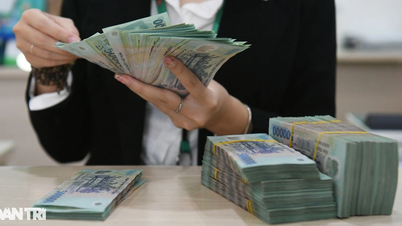

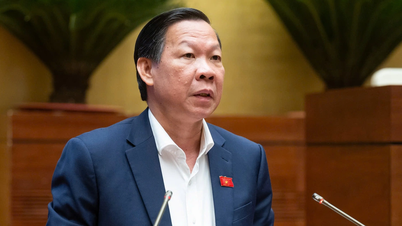
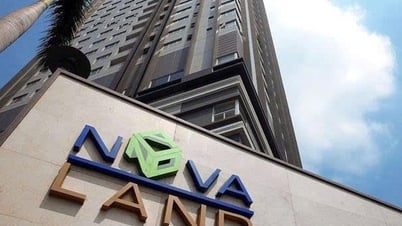
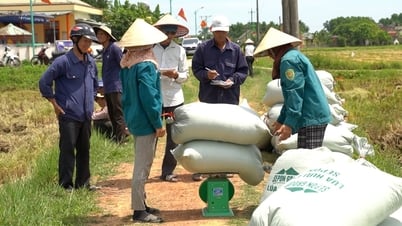
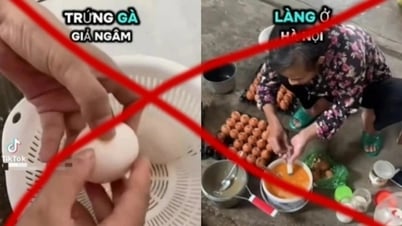













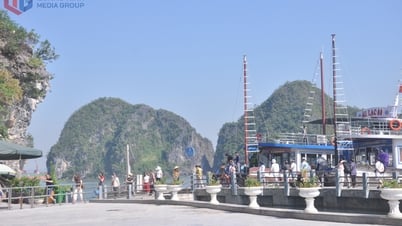















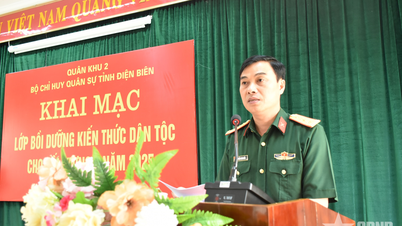


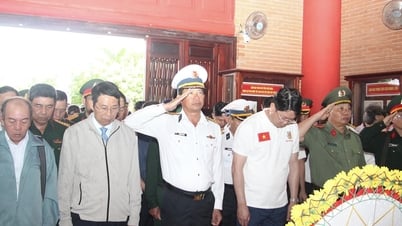

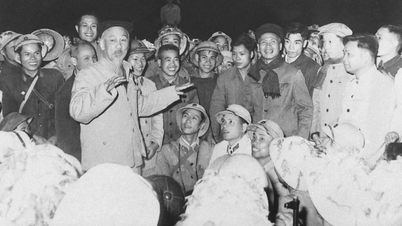

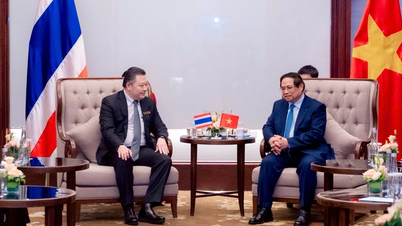
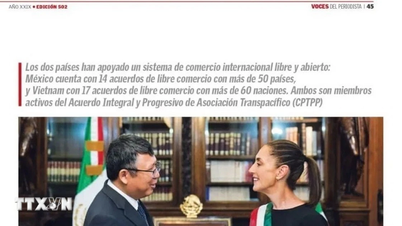

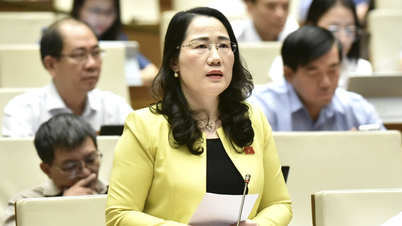


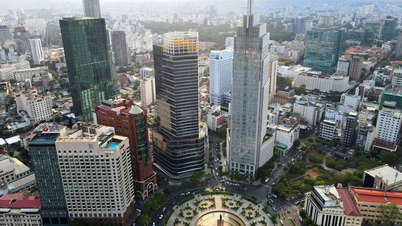





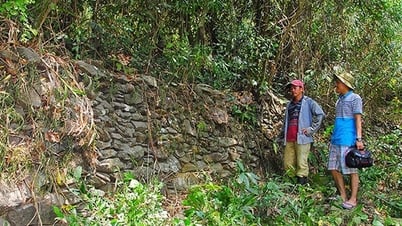



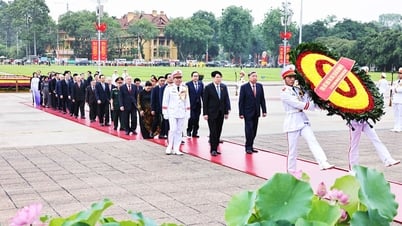



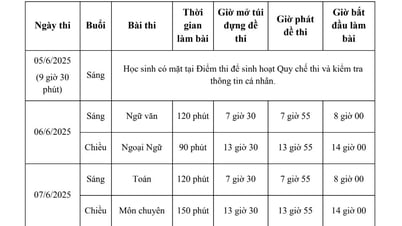



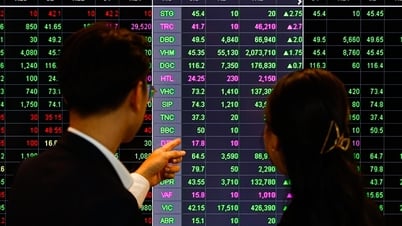


![[VIDEO] - Enhancing the value of Quang Nam OCOP products through trade connections](https://vphoto.vietnam.vn/thumb/402x226/vietnam/resource/IMAGE/2025/5/17/5be5b5fff1f14914986fad159097a677)







Comment (0)